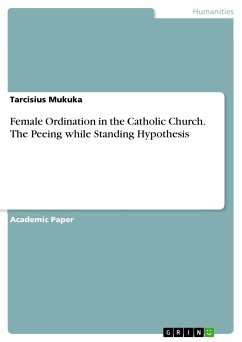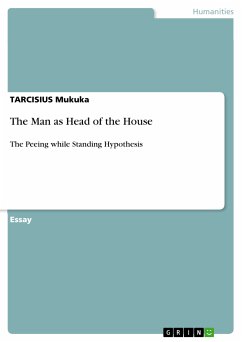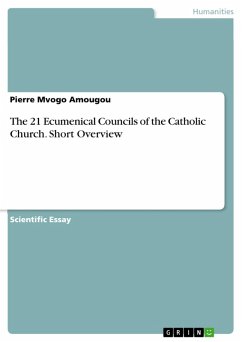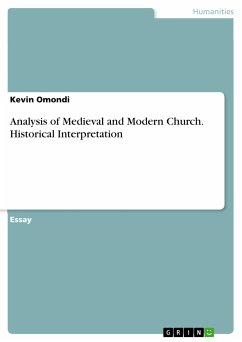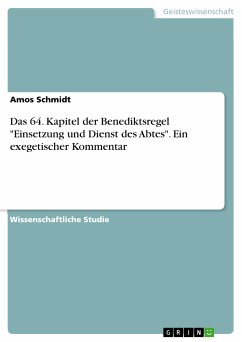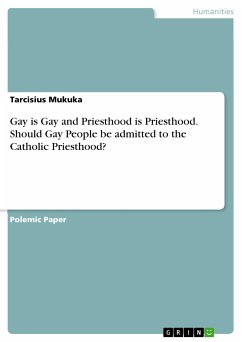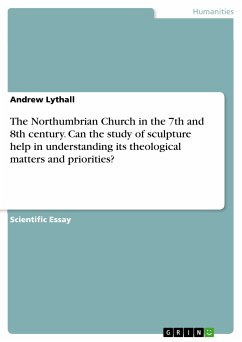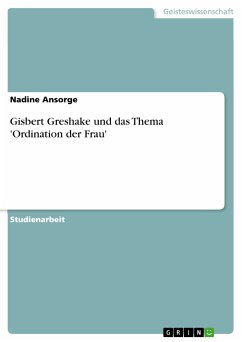Academic Paper from the year 2021 in the subject Theology - Historic Theology, Ecclesiastical History, grade: 1.0, Kwame Nkrumah University, language: English, abstract: This article provides a theoretical and literature framework accompanying a currently ongoing six-month post-doctoral research project, "Female Catholic Ordination to the Diaconate, Priesthood and Episcopate: A Constructivist-Epistemological-Phenomenological Inquiry," a post-doctoral research project submitted to the Kwame Nkrumah University of Kabwe, Zambia and the University of Pretoria in Pretoria, South Africa. Essentially, the article debunks the argument of the Magisterium of the Catholic Church that "the Church has no authority whatsoever to confer priestly ordination on women and that this judgment is to be definitively held by all the Church's faithful". The argument goes something like this. The priest presiding at Mass does so in persona Christi [in the person of Christ], therefore the priest must be male because Jesus was male, at least for 30-plus of his life in first century Palestine. The priest stands in for Jesus and therefore has to have a "natural resemblance" to the earthly Jesus, and that resemblance is his maleness. Just why this male resemblance is important is not set out in black and white. Being human or Jesus' post-resurrection status in which gender or sex are irrelevant, do not cut the ontological mustard.
Dieser Download kann aus rechtlichen Gründen nur mit Rechnungsadresse in A, B, BG, CY, CZ, D, DK, EW, E, FIN, F, GR, HR, H, IRL, I, LT, L, LR, M, NL, PL, P, R, S, SLO, SK ausgeliefert werden.

